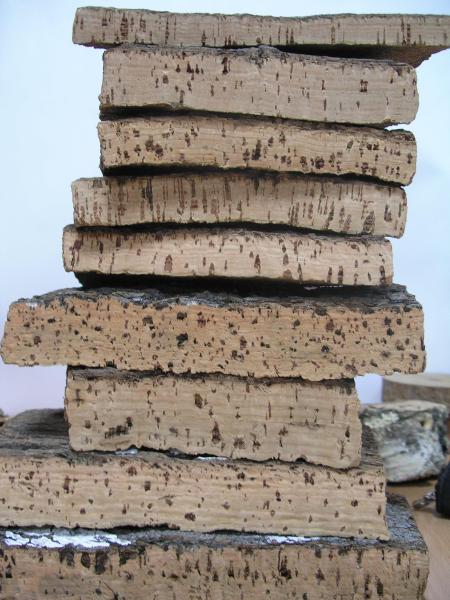
Objective:
An innovative solution to cork ‘off-flavour’ developed by the company DIAM is presented.
Context:
A particular concern of the wine sector in general, and the cork industry in particular, is the so-called cork ‘off-flavour’ in wines with cork stoppers. This alteration of the organoleptic properties of wine negatively affects consumer perception of the cork stopper, leading to significant economic losses in the sector. This smell is caused by a filamentous fungi in the cork, the metabolism of which generates haloanisole compounds such as 2,4,6-trichloroanisole (2,4,6-TCA). One of the main solutions to this problem has involved the development of the so-called ‘technical stoppers’, which are composed of agglomerated or micro agglomerated cork subjected to a washing process.